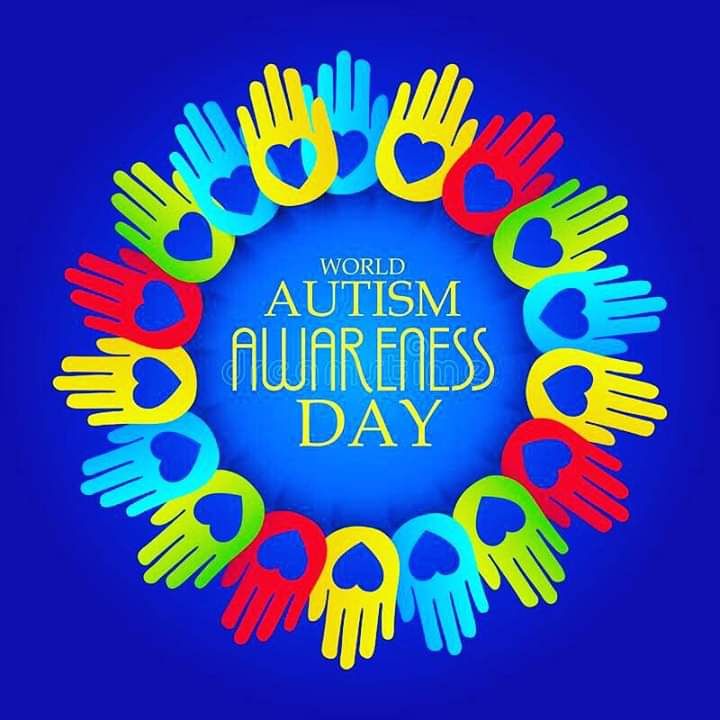Today, we join the world today in commemorating the World Autism Awareness Day, as instituted by the United Nations, with the theme “Assistive Technologies, Active Participation.”
Autism is a developmental disorder that affects people during early childhood, and can only be treated, but not cured. This means it is a condition that can be managed. It begins in childhood and lasts throughout a person’s life. It affects the person’s speech patterns, how they perform basic tasks, how they learn and interact with other people.
Children living with Autism might have difficulty in communication, understanding deficiencies, difficulties with meeting the eyes of other people, inability to learn how to read and write at a normal pace, and they might not be able to engage in as much physical activities as other kids. On the other hand, some of them fare specifically well in some organized sports and specific patterned mental engagements. They might spend a lot of time putting things in order.
In some part of the world, it is common to see people call them “imbeciles”, “stupid”, or refer to them as mentally deranged kids. This is very unhealthy discrimination and very detrimental to their growth. They are just people with a health condition that makes them responsively slower than the rest of us, and they require special attention and help to function properly.
In line with this year’s Autism Awareness Day-themed “Assistive Technologies, Active Participation“, parents who have autistic kids are urged to embrace new technologies that are designed to help these kids function better. Assistive technology is an umbrella term which describes assistive, adaptive, and rehabilitative devices for people with disabilities. Assistive technologies enable people to perform tasks they were formerly unable to accomplish or had great difficulty accomplishing, by providing enhancements needed to accomplish tasks.
When you notice any deficiency in the performance of your child’s basic functions, take them to the hospital for diagnoses early enough, and get them the help they need.



